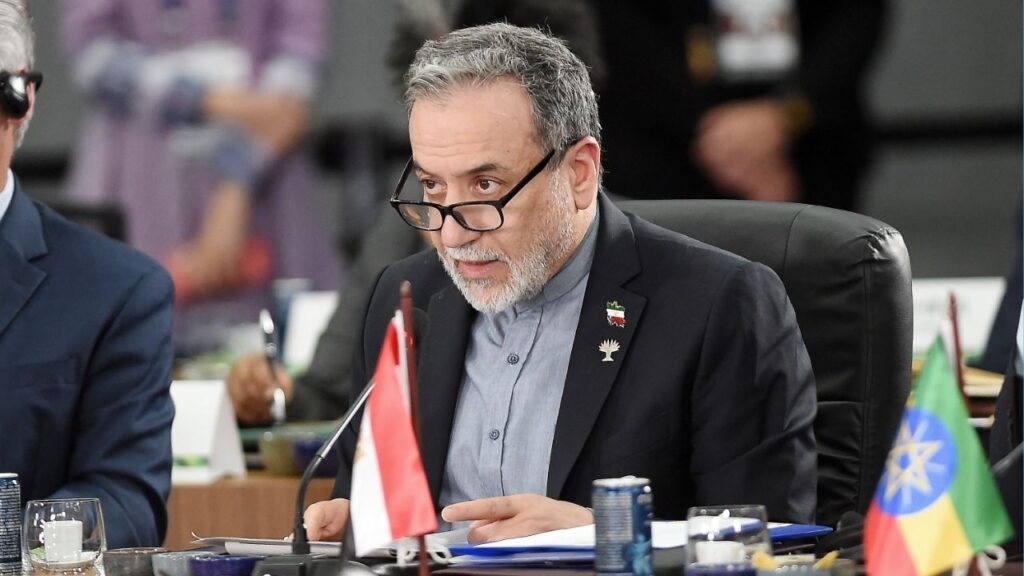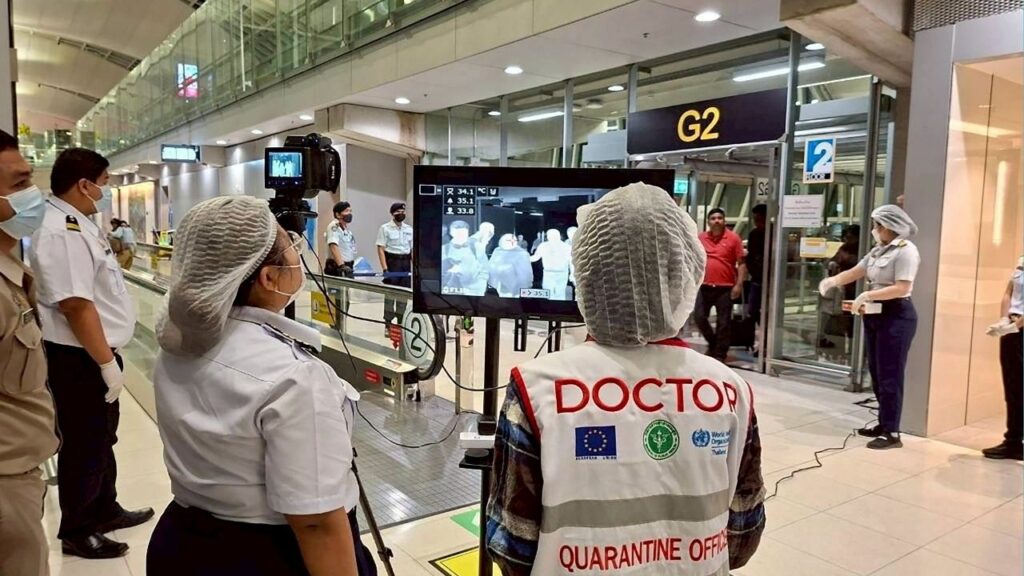Share
Two business-friendly Fresno city councilmen are putting their money where their mouth is.
Technically, it’s the city’s money.
The concept: City staff will meet specified timelines once a project plan is accepted. Otherwise, the applicant gets its money back.
“Money-back guarantee holds the bureaucracy at City Hall accountable,” Bredefeld said. “It does what the private sector does. It ensures that we are going to provide customer service at City Hall that is second to none.”
Unlike in 2018 when Bredefeld first floated the idea, Mayor Lee Brand and the Fresno Chamber of Commerce back the concept.
Second Try by Bredefeld
While Bredefeld’s proposal got a hearing at the city council in March 2018, he held off pursuing it to see if an alternate plan by Mayor Lee Brand would take hold.
With much fanfare, Brand introduced his Business Friendly Fresno 2.0! committee. They’ve only met once.
This time, the mayor is lending his support. But obstacles remain. The union representing DARM employees objects the plan.
The council will debate the issue Thursday (Jan. 31) at 11 a.m.
Bredefeld and Brandau Confident Plan Will Work
Brandau says he’s on board based on his small-business background as a carpet cleaner.
“Customer service has to be the front and center of any business model,” he said.
The goal, the councilmen said in an interview with GV Wire, is not to refund any money.
Said Bredefeld: “Once the first check is written, things are going to get shook up at City Hall very, very quickly. None of us want to see one dime go back to our customers.”
Working with the Mayor

“I think it could be one of many important tools in making Fresno business friendly.”— Mayor Lee Brand
“As this ordinance makes changes in how we process planning applications and building permits, my preference is to start this ordinance with a six-month grace period where we assess our strengths and weaknesses but don’t actually refund any money,” Brand said.
“At the end of the six months, let’s put it to the test and issue refunds in the form of checks and not credits. Also, to the extent that this ordinance shines a very bright light on improving our performance in meeting and exceeding deadlines, I think it could be one of many important tools in making Fresno business friendly.”
Brandau brokered a compromise between Bredefeld and Brand last year, convincing Bredefeld to let Brand’s proposal take off — which didn’t happen.
Mayor Says Business Climate Improving
Brand, however, continues to defend his program.
“(Business Friendly Fresno 2.0!) is an attitude and disciplined thought process to change the culture of how the city operates. Improving city business practices has and will continue to be one of my top priorities. As an organization, we are learning how to be problem solvers and in that regard, I would argue that BFF 2.0! is doing well and will continue to improve.”
Brand also points to improvements over the last year, including an online permitting and payment systems, and adding DARM staff.
“We processed 10,211 in permits in 2018 with a value of $817 million. We are on a record pace of job creation with more than 4,000 new jobs and an unprecedented unemployment rate of 5.1%,” Brand said.
Union Objections
The Fresno City Employees Association, which represents DARM employees, opposes the money-back guarantee.

“We feel that this Act is more political grandstanding than a sound, workable plan to reduce the work backlog and increase service to this rapidly growing city.” — FCEA President Sam Frank
“Imagine if Domino’s offered a ‘30 minutes or it’s free’ guarantee then gave the delivery drivers bicycles with flat tires to deliver the pizzas. … They would soon go out of business. Under the Act, already overworked employees would have an additional level of bureaucracy to navigate in documenting why the plans were deficient and other factors determining why and when the Guarantee is or is not going to be paid,” Frank said.
Frank says this is all a pretext for the city to outsource work.
“They are already in the process of trying to use this backlog of work to push for a plan to outsource this work which has no limitations or expiration should the workload drop due to a cooling off of the economy. We feel that this Act is more political grandstanding than a sound, workable plan to reduce the work backlog and increase service to this rapidly growing city,” Frank said.
“If instead of allowing this work to become backlogged the City had bought software that worked out of the box and filled positions needed to perform the work … then we would be in a position right now to actually offer a money-back guarantee and then never have to use it since the work would be getting done on time, which is the actual successful business implementation of a guarantee.”
Counters Bredefeld: “Money-back guarantee has nothing to do with outsourcing. That is something separate, I think the administration is looking into. They can bring that forward.”
Brand mentioned outsourcing in a speech to the Fresno Area Hispanic Foundation Wednesday morning (Jan. 30).
“Business is cyclical. There are peaks and valleys,” Brand said. “We want to bring in third-party vendors. These are people that are pre-qualified by the city.”
Brand said the city is negotiating with the union on the idea.
“In my opinion, this is going to help the union. When there are peaks and valleys, when you ramp up your hiring, and a year later the economy drops off the face of the earth, you have to lay people off,” Brand said.
The mayor likened outsourcing to a relief valve.
Staffing Problems?
Frank also says the city is slow to replace retiring employees.
“Due to not hiring someone to fill the position within a timely manner, plans got backed up and it took a long while before they went back down once the position was filled. Employees do not even have a Building and Safety Manager to send their problems to,” Frank said.
But Bredefeld says the city’s slow processing of projects isn’t about hiring or staffing.
“This is not a staffing problem. This is a culture problem. We have a very poor culture at City Hall,” Bredefeld said. “The culture thinks the bureaucracy runs the show. They don’t have to be responsible to the private sector or business community.” Bredefeld said.
Brandau points out that the economy is cyclical.
“We’re going to allow third parties to do some of this overflow work when times are booming. We can’t just go adding staff, because when there is a downturn in the economy, then you are going to have staff with nothing to do,” Brandau said.
Other Council Support
The money-back guarantee concept has support from at least one other councilman: Miguel Arias (District 3).
“(The planning department) doesn’t have a sense of urgency when it comes to approving business permits. This proposal is long overdue,” Arias said.
He also wants the program to apply to business owners, as well as developers. And, Arias calls for monthly reports, not just the quarterly reports the act has now.
“We can’t call ourselves business friendly when we can’t give assurances when projects will be built on time and on schedule,” Arias said.
Idea Gains Traction
Bredefeld said that many groups helped craft the plan, including planning department leaders. Among them: the local chapter of the Building Industry Association and Darius Assemi, CEO of Granville Homes and publisher of GV Wire.
“We think it’s a good idea. We’re supporting it,” said Mike Prandini, president/CEO of the local BIA. “This is aimed at making sure the city is efficient and timely at processing the applications.”
Ultimately, Prandini says, is it keeps costs down.
“The longer it takes to get something approved, the more money it costs. Time costs money,” he said.
The Fresno Chamber of Commerce, which didn’t support the plan last year, now backs the idea.
“It’s a positive first step in the right direction,” chamber president/CEO Nathan Ahle said. “It’s time for a change in tactics.”
The Bill
Brandau and Bredefeld said that the timeline doesn’t start until the planning department accepts the project’s completed plan.
Refunds would come from the DARM budget in most cases. Bredefeld, in last year’s version, considered awarding credits when deadlines were not met.
Delays caused by outside agencies are not eligible for refunds.
Timelines
| Level | Timeline (in business days) | Description |
| Planning Level 1 | 14 | Routine projects, including tenant improvements (with verification of allowed use), standard sign applications, zoning clearance for business license, rear yard encroachment, minor deviation, standard plans for single family homes, or minor revised exhibit (no routing required). |
| Planning Level 2 | 45 | Ordinary complexity, including major revised exhibit (routing required), industrial site plan review, tentative parcel maps not requiring Planning Commission and/or City Council hearings, or alcohol conditional use permit. |
| Planning Level 3 | 75 | Increasing complexity, including full site plan review application, full conditional use permit application, Amendments (application for a modification to a developed site, such as site plan or conditional use permit), tentative 3 of 11 parcel maps requiring Planning Commission and/or City Council hearings, or tract maps. |
| Planning Level 4 | 100 | Highest level of complexity, including multiple bundled applications, rezone, plan amendment, annexation, or text amendments. |
| Building Level 1 | 3 | Routine projects, including simple over the counter permits that do not require plans, residential solar photovoltaic, standard single family home permits, or standard sign applications. |
| Building Level 2 | 14 | Ordinary complexity, including residential additions/alterations, residential repairs requiring plans, commercial tenant improvements, grading plans, utility plans, miscellaneous structures such as storage racks and cell towers, or plan addendums. |
| Building Level 3 | 21 | Increasing complexity, including new custom single family residences, new standard tract home plans, new apartment projects, new commercial buildings, new religious buildings, new restaurant buildings, hotels/motels, parking garages, new medical buildings, or change of occupancy. |
| Building Level 4 | 28 | Highest level of complexity, including complex industrial projects, public utility capital improvements, multi-story high-rise buildings, or health care facilities. |
Categories

Iran Signals Willingness to Negotiate Nuclear Deal Amid US Tensions

Costa Rica Elects Right-Wing Candidate Amid Fears Over Crime


















